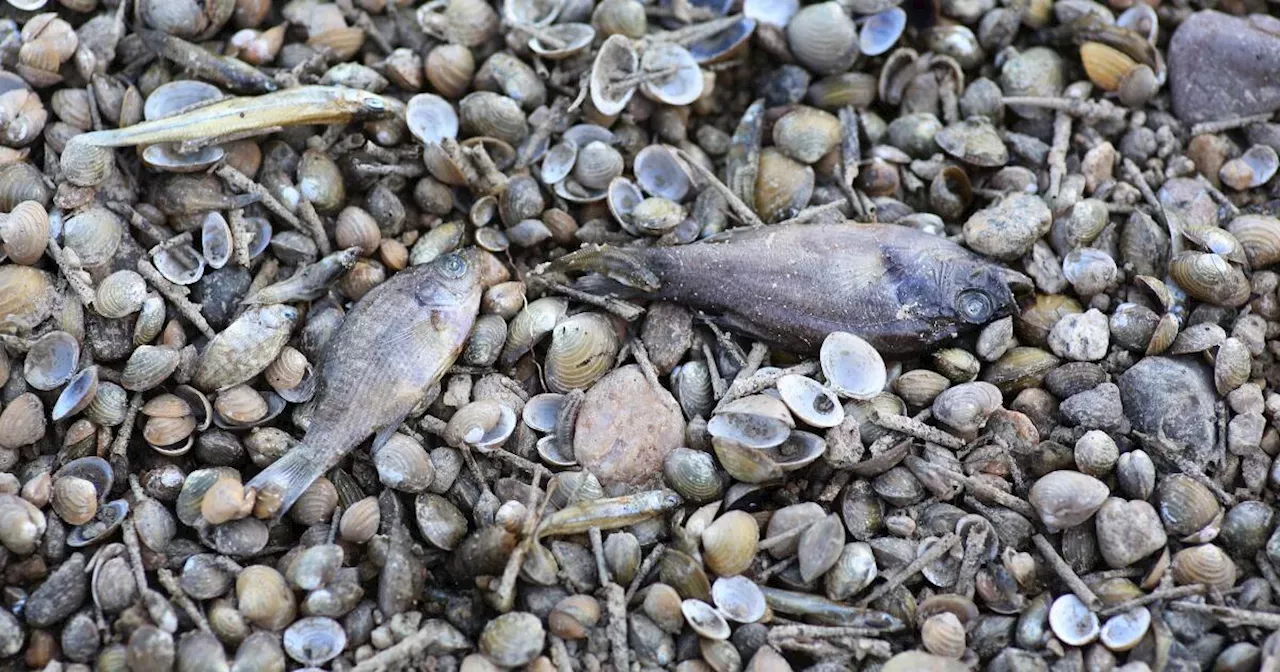As the monsoon season arrives, it brings a refreshing change to the environment, nurturing our gardens with ample rain. To make the most of this season, it's essential to choose plants that not only thrive in the monsoon but also contribute to your health and well-being. Here’s a guide to monsoon-friendly plants that will keep you safe and healthy.
Aloe Vera is a versatile plant known for its numerous health benefits, particularly for the skin. This succulent thrives in monsoon conditions with minimal care. It requires indirect sunlight and watering once a week.

Aloe Vera gel can be used to soothe skin irritations, heal wounds, and treat burns. Its air-purifying qualities also make it an excellent indoor plant. Tulsi, or Holy Basil, is revered in Indian households for its medicinal properties.
This herb is easy to grow and flourishes during the monsoon. Tulsi leaves are known for their ability to boost immunity, fight bacterial and viral infections, and act as a natural remedy for cough and cold. Regularly consuming Tulsi tea can help you stay healthy throughout the rainy season.
Jasmine, with its enchanting fragrance, is a great addition to your monsoon garden. This plant thrives in humid conditions and requires well-drained soil. Jasmine flowers not only beautify your garden but also have calming properties that help reduce stress and anxiety.
The essential oils extracted from Jasmine can improve mood and promote better sleep. Neem trees are well-suited for the monsoon season and offer numerous health benefits. Neem leaves are known for their antibacterial, antifungal, and antiviral properties.
Planting Neem in your garden can help keep mosquitoes and other insects at bay, reducing the risk of mosquito-borne diseases. Neem oil can be used to treat skin infections and as a natural pesticide for your plants. Lemongrass is a hardy plant that thrives in monsoon conditions.
It has a fresh, citrusy aroma and is used in teas, soups, and various dishes. Lemongrass has detoxifying properties that help cleanse the liver, kidneys, and digestive tract. Drinking lemongrass tea can aid digestion and boost your immune system.
Hibiscus plants are perfect for monsoon gardens, as they love the rain and require minimal maintenance. The vibrant flowers are not only visually appealing but also beneficial for hair care. Hibiscus petals can be used to make hair masks that strengthen roots, reduce dandruff, and promote hair growth.
Regular use of Hibiscus-infused oil can keep your hair healthy and lustrous. Ginger is an excellent plant to grow during the monsoon. It prefers moist soil and partial shade, making it ideal for rainy weather.
Ginger roots have powerful anti-inflammatory and antioxidant properties. Consuming ginger tea can help alleviate digestive issues, reduce nausea, and boost immunity. It’s also effective in treating colds and sore throats.
Monsoon brings its set of challenges for gardeners, including heavy rains and strong winds. Here are some tips to ensure your plants stay healthy and safe: By choosing the right plants and taking necessary precautions, you can create a thriving and healthy garden that not only enhances the beauty of your home but also contributes to your overall well-being during the monsoon season..



















